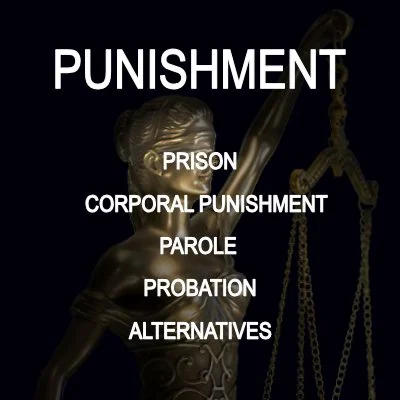By Bea Halbach-Singh Jack Norton Stephen Jones Jessica Zhang
Over the past 50 years, Kentucky has become one of the most incarcerated places on earth, building a broad system of correctional control that is made up of local jails, state and federal prisons, and a vast array of supervision and monitoring programs. Systems of correctional control have increased in number and scope at the same time as the state has undergone significant economic restructuring. Kentucky’s economy over the last 30 years has shifted away from goods-producing industries—such as manufacturing, construction, and mining—and toward service-providing industries such as health care, social assistance, educational services, and other professional services, with significant differences in how this transformation has played out regionally.1 In the places hardest hit by the decline of manufacturing and coal extraction industries, local governments have attempted to turn their criminal legal systems into revenue generators to fund jail and court operations. Counties have raced to collect per diem fees paid by the Kentucky Department of Corrections (DOC), federal agencies, and other Kentucky counties by building bigger jails to incarcerate people for other authorities. Counties also collect revenues from an elaborate system of jail- and court-related fines and fees collected from criminalized people, who are disproportionately poor. Private companies collect revenues by contracting with county jails, and prisons, Kentucky’s most comprehensive effort to reform the criminal legal system to date—House Bill 463 (HB 463), “The Public Safety and Accountability Act”—passed in 2011. While it proposed to reduce the footprint and cost of Kentucky’s carceral system, it resulted in more criminalization and less health and safety. During a decade in which communities increasingly struggled with drug use, substance use disorders, and overdose deaths and needed real solutions to tackle this public health crisis, Kentucky’s lawmakers continued to pass laws allowing prosecutors and judges to impose harsh penalties for drug-related offenses. By 2020, Kentucky had the nation’s second-highest drug overdose mortality rate.4 Lawmakers also created a web of supervision programs that were intended to divert people charged with drug-related crimes away from jail and prison. In practice, by imposing onerous conditions and associated costs that make it impossible for many people to meet their requirements, these systems have instead become a major driver of re-incarceration. Throughout the writing of this report, Vera Institute of Justice (Vera) researchers spoke with people across the commonwealth who had experienced criminalization.5 Most were recovering from substance use issues. Out of these conversations, a clear picture emerged of the deep connections between poverty and economic decline and the growth of incarceration, supervision, and surveillance across the state. Interviewees shared that stable housing, meaningful work, connections with a larger community (especially other people in recovery), and treatment—instead of correctional surveillance and incarceration—were the most important resources that helped them recover. In their experiences, court-mandated supervision and drug treatment programs carried onerous restrictions on their mobility and autonomy and included unaffordable fines and fees that decreased their ability to support themselves financially. These conditions—combined with the threat of reincarceration in case of relapse—presented obstacles, rather than paths, to recovery for people experiencing substance use issues. Overall, people experiencing poverty and those in need of treatment described a criminal legal system that causes harm in their lives, instead of providing them with the resources that might enable them to survive and thrive.
New York: Vera Institute of Justice, 2023. 62p.


